AI in the WHO mobile app
Speaker

José Antonio Ruiz Postigo
Switzerland
Dr. José-Antonio Ruiz-Postigo qualified from the Medical School of Autonomous University of Barcelona, Catalonia, Spain. He is a post-graduate holder in Tropical Medicine and International Health, and he further pursued his interest in research by completing his PhD at the University of Barcelona. His thesis was on the epidemiology and control of human African trypanosomiasis in the municipality of Kissama, Angola. He has been working on Neglected Tropical Diseases (NTDs) for 28 years, mainly in sub-Saharan Africa and the WHO Eastern Mediterranean Region. Since 2013, he is based at WHO headquarters where he led the World Leishmaniasis Control Programme for the period 2016-2019. In 2020 he joined the newly created team on Skin Neglected Tropical Diseases at WHO headquarters. Since then, his main work has been related to the creation of the WHO mobile app on Skin NTDs, which includes a section on artificial intelligence, alongside the establishment of a channel for online courses at OpenWHO and the implementation of a global web-based surveillance at WHO for data collection, analysis and dissemination on leishmaniasis and skin NTDs.
Source event
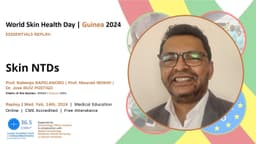
Skin NTDs - WSHD | Guinea 2024
WSHD | Guinea 2024 Essentials replays the pearls on Skin NTDs, chaired by Prof. Rabenja RAPELANORO, Prof. Mourad MOKNI and Dr. Jose RUIZ POSTIGO.
Explore critical topics such as polymicrobial ulcers in Ghana, guidelines for managing endemic infectious cutaneous ulcers in Ghanaian children, chromoblastomycosis and sporotrichosis management in Madagascar, cutaneous leishmaniasis challenges, neglected tropical skin diseases worldwide, data science and AI/ML in Skin NTD care, mycetoma, leprosy, scabies, and other neglected diseases. Engage in discussions on disease management, innovative solutions, and the global impact of these neglected tropical skin diseases.
Attend for free, and earn and claims your 36.5 ECMEC® by UEMS-EACCME® and medical education certificate.
Similar videos
Source event Program
Skin NTDs
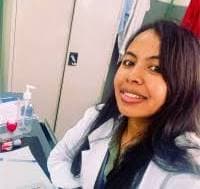
Introduction - Skin NTD

Guidelines for a syndromic management of Endemic Infectious cutaneous ulcer in children in Ghana

Cutaneous Leishmaniasis: clinically rich and therapeutically challenging | La Leishmaniose Cutanée richesse clinique et challenge therapeutique
Mohamed Abderraouf Dhaoui MD

Neglected Tropical Skin Diseases in Neglected People
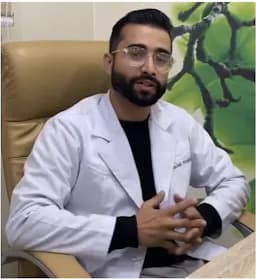
Utilization of Fine Needle Aspiration Cytology (FNAC) by Health Care Providers (HCP) in diagnosing Cutaneous Leishmaniasis (CL) in rural Nepal

Subcutaneous mycoses in a pediatric population in Madagascar: epidemioclinical and therapeutic aspects / Mycoses sous-cutanées chez une population pédiatrique à Madagascar : aspects épidémio-cliniques et thérapeutiques

AI in the WHO mobile app
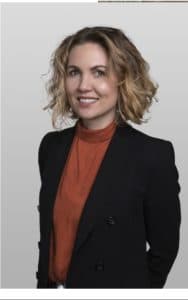
NTD Information and e-Learning platform
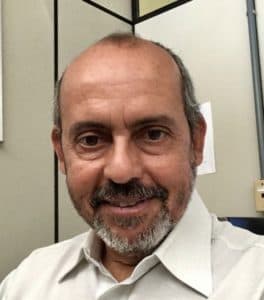
American Tegumentary Leishmaniasis in Brasil: challenges and responses
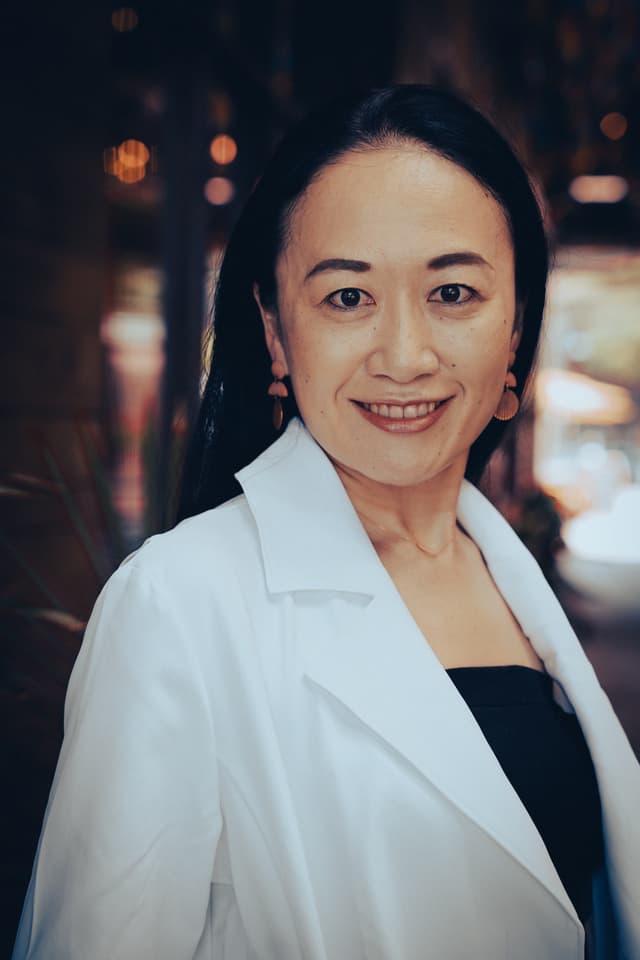
Data Science and AI/ML in Improving Access to Care for People Affected by Skin NTDs
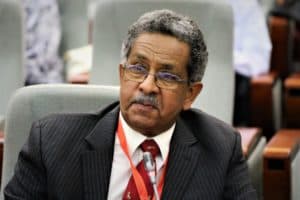
Mycetoma: An elephant in the house
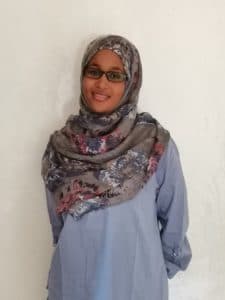
Computational Model for the Diagnosis of Mycetoma using Histopathological Microscopic Images
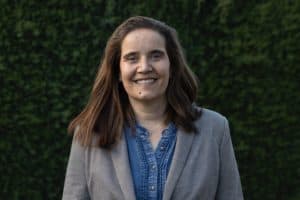
Leprosy in rural Malawi
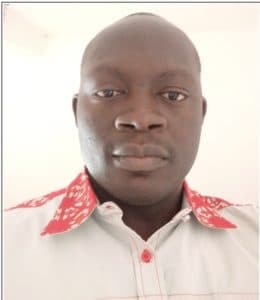
A marketing plan for the dissemination of the WHO SkinNTDs app
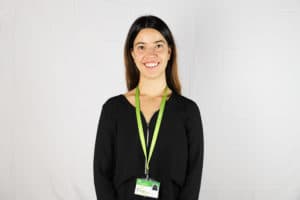
Evaluation of the skin NTD app
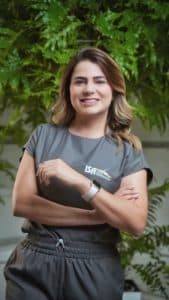
Mycetoma

Chormoblastomycosis and Rhinoentomophtoromycosis

Management of scabies / La prise en charge de la gale
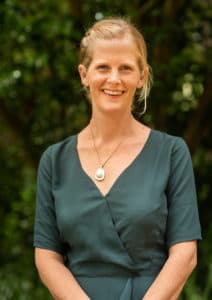
NOMA, a Neglected Disease
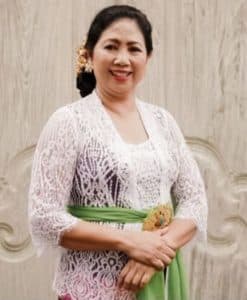
Leprosy Situation in Bali, Indonesia: Challenges in Facing The Global Leprosy Strategy 2021-2030 "Towards Zero Leprosy
Luh Made Mas Rusyati MD, MSc

DISCUSSION - Skin NTDs
Might interest you
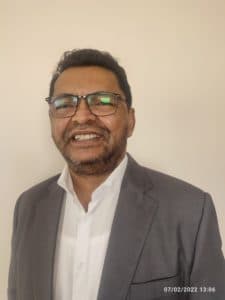
Cutaneous Medicine: Multidisciplinary Approaches in Dermatology
Chair: Prof. Fahafahantsoa Rapelanoro Rabenja,
This course explores the intersection of dermatology with other medical specialties, emphasizing a collaborative approach to diagnosing and managing complex skin disorders. It covers a wide range of topics, including dermatopathology, rheumatology, oncology, and infectious diseases, highlighting how systemic conditions manifest cutaneously. With contributions from experts in various fields, the text provides comprehensive insights into multidisciplinary care, advanced diagnostic techniques, and innovative treatments. Ideal for dermatologists, internists, and specialists, it bridges gaps between disciplines to improve patient outcomes in cutaneous medicine.
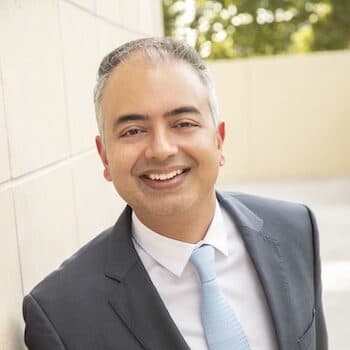
Pigmentation
Chair: Dr Seemal Desai, MD, FAAD
Hyperpigmentation is excess skin color from melanin. Understand melanin synthesis mechanisms and main causes.

Neglected Tropical Skin Diseases
Chair: Dr. Prajwal Pudasaini, MD
Neglected tropical skin diseases affect poor populations in tropical areas. They include leprosy, mycetoma, and cutaneous leishmaniasis, causing disability and stigma. They receive little attention and resources, leading to poor diagnosis and treatment. Increased awareness and improved healthcare access are needed to help affected communities.
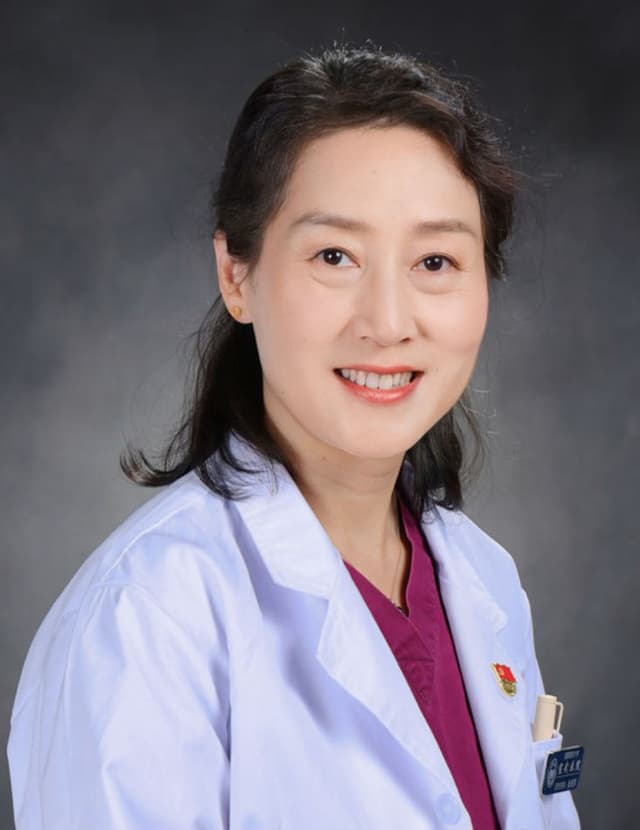
Acne Treatment in China
Chair: Prof. Haiping Zhang, PhD
Acne treatment in China combines traditional methods with modern practices.
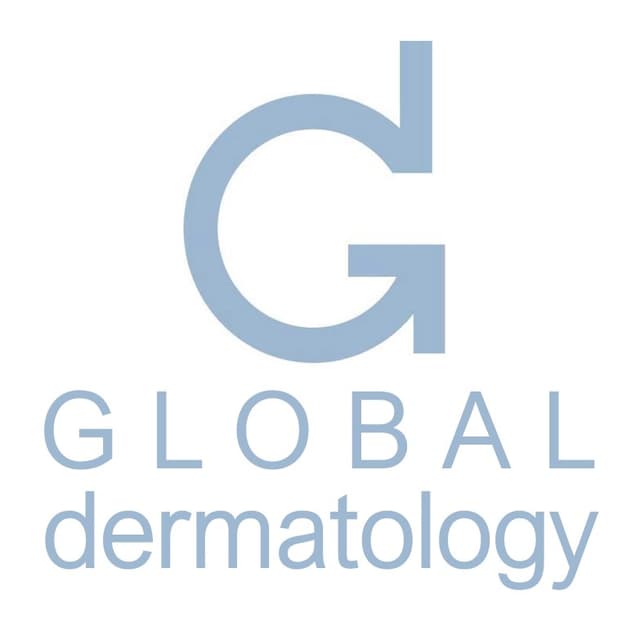
Cyspera Medical Education
Chair: Global Dermatology,
Cyspera® is a topical pigment-correcting treatment formulated with cysteamine, a naturally occurring compound that reduces the appearance of persistent hyperpigmentation, including melasma, post-inflammatory hyperpigmentation, and lentigines. It is known for being non-hydroquinone, suitable for long-term use, and effective on all skin types.
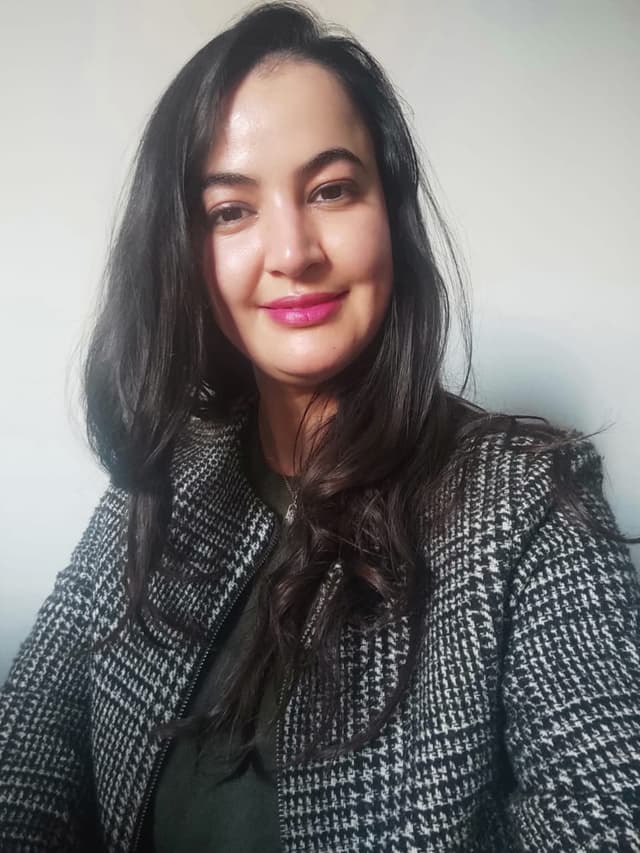
Topographic Dermoscopy
Chair: Prof. Awatef Kelati, MD
Topographic dermoscopy refers to the region-specific application of dermoscopic examination, emphasizing the unique morphological patterns found across different anatomical sites. On facial skin, the dermoscopic assessment requires recognizing patterns influenced by the high density of pilosebaceous units and sun-induced changes, often presenting pseudonetworks and annular-granular structures. The ear, with its thin skin and sebaceous gland concentration, reveals specific vascular and follicular clues important in distinguishing benign from malignant lesions.
On the chest and back, where the skin is thicker and sun exposure varies, dermoscopy must account for irregular pigment distribution and architectural disorder, especially in large nevi or early melanomas. Limb lesions may show distinctive features due to mechanical friction, hair density, and vascular variations, demanding precise interpretation to identify atypical nevi or skin cancers.
Palmar and plantar dermoscopy highlights the parallel ridge pattern critical for melanoma diagnosis, contrasting with benign acral patterns like the parallel furrow or lattice-like structures. Scalp and hair disorders benefit from trichoscopy, where dermoscopic evaluation reveals specific signs such as yellow dots, broken hairs, or black dots, aiding in the diagnosis of alopecia areata, androgenetic alopecia, or tinea capitis.
In nail disorders, onychoscopy enables visualization of melanonychia, hemorrhages, and nail matrix changes, crucial for distinguishing subungual melanoma from benign causes like trauma or fungal infection. Mucosal dermoscopy, though technically challenging, provides diagnostic clues in pigmented lesions of the lips, genitalia, or oral mucosa, requiring adaptation to moist, non-keratinized surfaces.
Finally, ultraviolet dermoscopy reveals a unique application: scabies mites fluorescing bright green under UV light, enhancing detection when traditional visualization fails. Topographic dermoscopy thus demands both anatomical knowledge and technical adaptation to maximize diagnostic accuracy across diverse body sites.
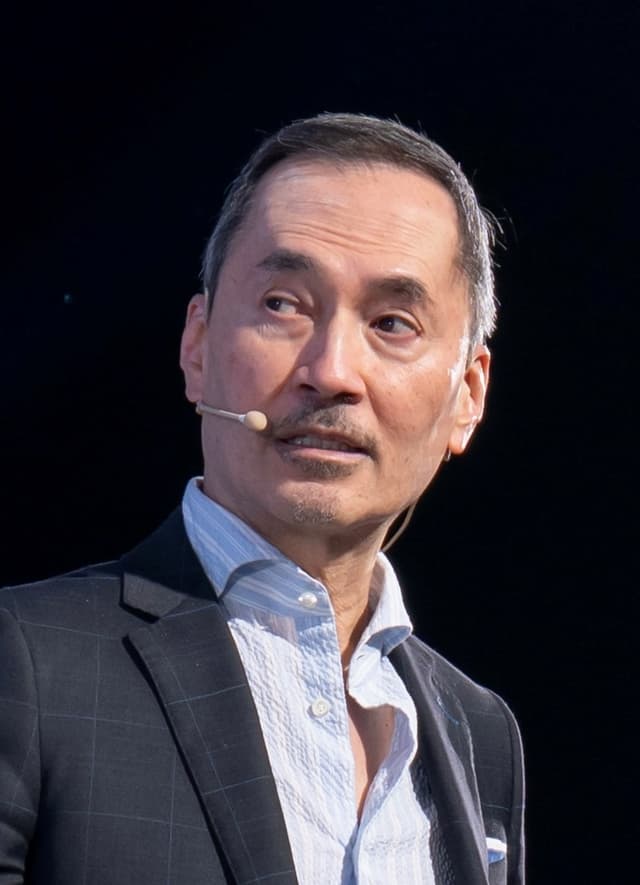
ACNE
Chair: Dr. Jerry Tan, MD
The ACNE | Education Series, led by Dr. Jerry Tan, is a comprehensive global medical education initiative designed to enhance the understanding and skills of dermatologists and healthcare practitioners regarding acne. Participants will gain insights from leading international experts on the latest advancements in acne research, innovative treatment options, and patient-centered care approaches. The event features interactive discussions, live Q&A sessions, and evidence-based strategies, all at no cost. The esteemed faculty includes specialists from the USA, Italy, France, the UK, Singapore, Greece, Australia, Canada, and Germany. This is a valuable opportunity to improve clinical competencies and stay updated on current acne management practices.
Attendees will acquire up-to-date knowledge on acne pathophysiology, new therapeutic options, and patient-oriented management strategies to optimize clinical outcomes in acne treatment. The session will also provide practical insights through expert-led discussions and evidence-based approaches.
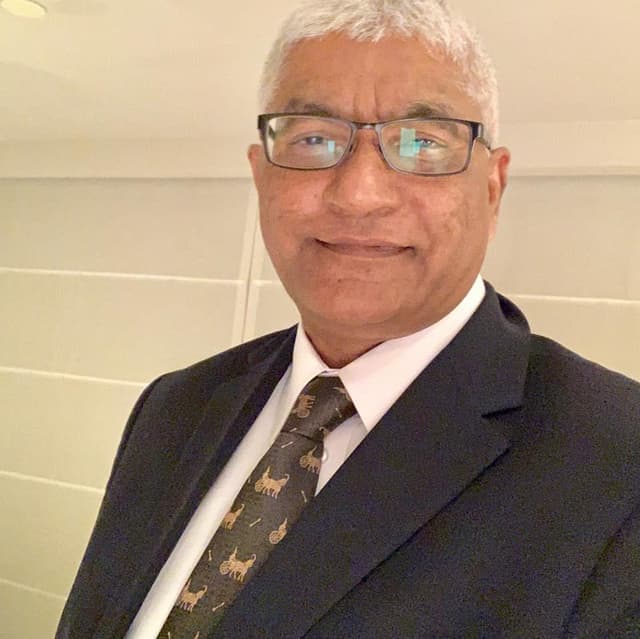
Psychodermatology
Chair: Prof Mohammad Jafferany, MD
This specialized course explores the vital intersection between dermatology and mental health, equipping clinicians with the knowledge and tools to manage psychodermatological conditions effectively. Through a blend of theoretical knowledge and practical application, participants will learn to diagnose and treat dermatological delusional disorders, identify psychiatric comorbidities in skin disease patients, and implement mental health strategies for chronic dermatoses. The curriculum also examines psychological factors in cosmetic dermatology and provides cutting-edge screening techniques for body dysmorphic disorder, including modern digital manifestations like Zoom dysmorphia. Adopting a patient-centered approach, the course emphasizes multidisciplinary management of conditions where psychological and dermatological factors interact. Participants will gain expertise in recognizing psychiatric components of skin diseases, addressing the emotional
burden of chronic conditions, and applying ethical principles in cosmetic practice. The training combines expert instruction with case-based learning to bridge theory and clinical practice. Designed for dermatologists, psychiatrists, psychologists, and primary care providers, this program enhances clinicians' ability to deliver holistic care that addresses both the visible and invisible aspects of skin disorders. Upon completion, practitioners will be better prepared to manage complex psychodermatological cases while improving patient outcomes through integrated mind-skin healthcare.

Tropical Dermatology and Neglected Tropical Dermatoses
Chair: Prof. Fahafahantsoa Rapelanoro Rabenja,
Dermatological diseases, particularly neglected tropical diseases (NTDs) with skin manifestations like deep mycosis (chromoblastomycosis, sporotrichosis, mycetoma), scabies, leprosy, lymphatic filariasis, and cutaneous leishmaniasis, pose major challenges for healthcare systems in resource-limited regions of Africa, Asia, and Latin America. These conditions severely affect vulnerable populations, suffering from frequent underdiagnosis and inadequate treatment that exacerbates suffering. Diseases such as atopic dermatitis are also under consideration for inclusion as skin NTDs through collaborative efforts involving ISAD, ASDV, and WHO. Furthermore, albinism, highly prevalent in sub-Saharan Africa, presents significant social challenges including stigmatization and occult beliefs. Despite these complex difficulties, the field is undergoing a historic transformation driven by science and technology, particularly artificial intelligence (AI), which offers tangible tools for improving diagnosis, treatment, and prevention. The participation of global experts facilitates vital knowledge exchange, exploration of innovative solutions, and helps address critical shortages of human and material resources in remote areas.
Learning Objective:
Understand the complex challenges posed by dermatological diseases, especially skin NTDs and conditions like albinism, in resource-limited settings, and recognize the critical role of global collaboration, technological innovation (particularly AI), and expert knowledge exchange in developing solutions to improve diagnosis, treatment, prevention, and resource allocation.

Dermoscopy
Chair: Prof Awatef Kelati, MD
This comprehensive dermoscopy course provides dermatologists and healthcare professionals with essential skills in skin lesion evaluation, covering fundamental principles through advanced diagnostic applications across five key areas: global dermoscopy practices, pigmented lesion analysis (including differentiation of benign and malignant patterns), specialized techniques for skin of color, skin cancer detection (melanoma and non-melanoma), and general dermatological conditions (inflammatory, infectious, and hair/nail disorders). Participants will develop proficiency in recognizing diagnostic patterns, adapting techniques for diverse skin types, and applying dermoscopic algorithms, ultimately enhancing their clinical accuracy through a combination of theoretical knowledge and practical case-based learning. The course emphasizes real-world application, addressing both common and challenging scenarios in dermatological practice.
